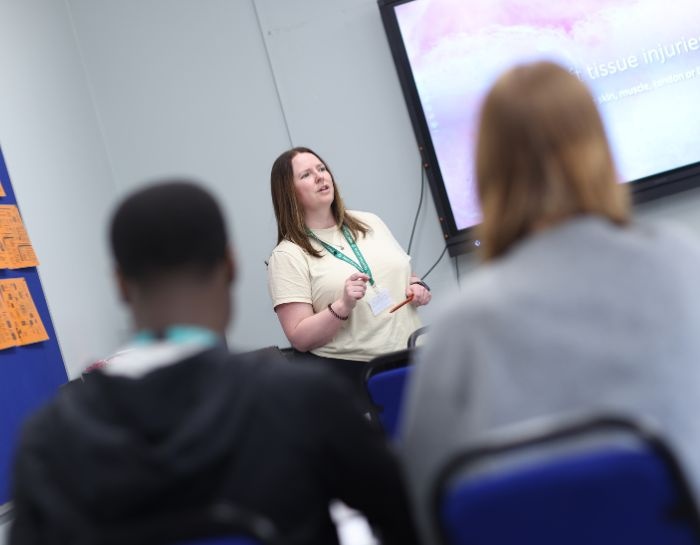
Did You Know?
There have been three Olympic Games held in countries that no longer exist.
Key Information
Qualification
A-Level
Duration
Two Year Course
Examination Board
OCR
"PE is a great subject to study if you enjoy playing sport and learning the science behind it. My teachers are always around to answer questions and they are really supportive." - Tiago Abrantes, Carr Manor Community School
Key Employability Skills | ||
| Teamwork | Effective Communication | Problem Solving |
Qualification
A-level
Assessment
70% exam, 30% Practical Performance
What do I need to study this course?
You will need a grade 5 in GCSE Combined Science or a distinction in Level 2 Applied Science, and a grade 5 in GCSE PE if studied. It is compulsory that you are performing in at least one sport at club standard and train regularly so that you can provide the video evidence for the practical assessment.
What will I study?
Physiological factors affecting performance: 90 marks, 2-hour paper, 30%. Psychological factors affecting performance: 60 marks, 1-hour paper, 20%. Sociocultural issues in physical activity: 60 marks, 1-hour paper, 20%. Performance in physical education: non-examined assessment, 30% (practical performance and verbal assessment.
What next?
PE is particularly useful for a career or degree in:
- Teaching PE
- Health and Exercise Science
- Sports Therapy
- Sports Management
- Sport and Exercise Science
- Physiotherapy
- Sport and Nutrition
- Coaching
- Sports Technology
- Sports Development.

 Website By Rejuvenate Digital
Website By Rejuvenate Digital